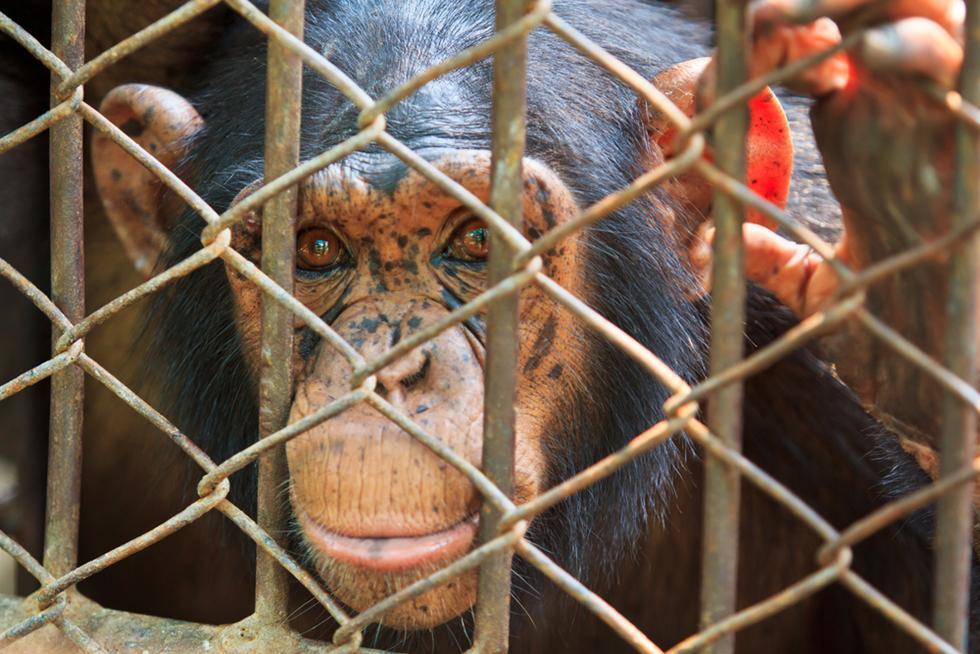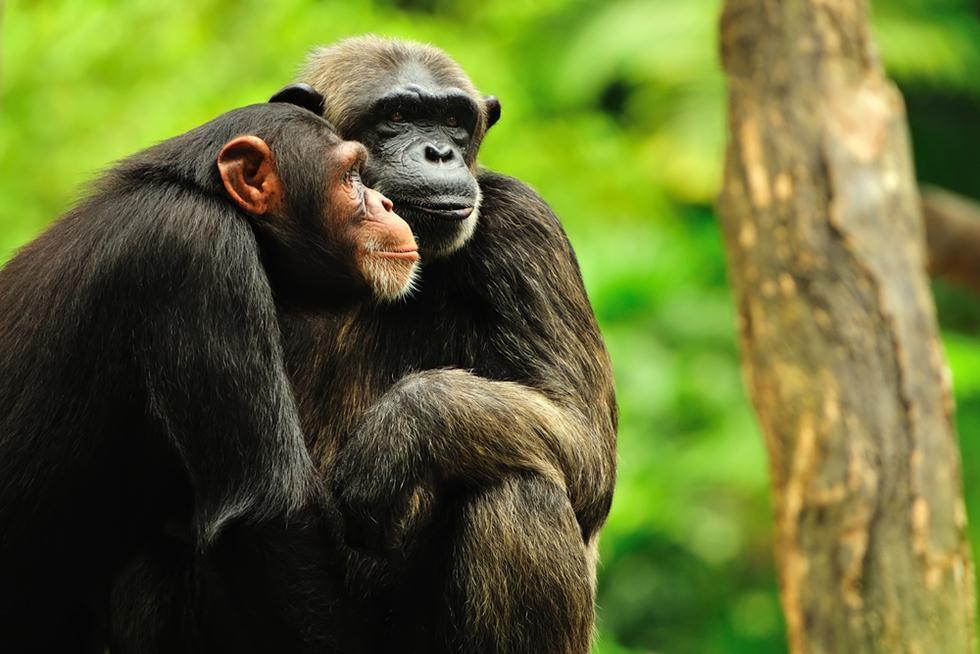Getting your Trinity Audio player ready...
Authorities at the Hong Kong Zoological and Botanical Gardens (HKZBG) are closely monitoring a De Brazza's monkey that has been displaying unusual behavior and changes in appetite since Monday. This development comes in the wake of the sudden deaths of nine monkeys within two days, prompting concerns and urgent investigations into the cause of the fatalities.
The mysterious deaths have sparked an urgent interdepartmental meeting, with experts called in to conduct necropsies and toxicological tests to determine the cause. "Necropsy and laboratory tests have been arranged immediately to help find out the cause of the sudden deaths of the eight animals," authorities stated. Specialists are conducting these examinations at the zoo as part of the investigation into the mysterious deaths.
Between Sunday and Monday, nine monkeys from different species died suddenly, including a De Brazza's monkey, a common squirrel monkey, four white-faced sakis, and three cotton-top tamarins. Among the deceased, three belonged to critically endangered species. The cotton-top tamarin, in particular, is listed as critically endangered by the International Union for Conservation of Nature, with fewer than 6,000 left in the wild.
As a precautionary measure, the mammals section of the HKZBG has been sealed off and disinfected. The area has been cordoned off with metal barriers and tape since October 14 and will remain closed until October 20. Notices have been placed to inform visitors about the temporary closure, while other facilities inside the HKZBG, such as the botanical gardens, will remain open during this period.
Hong Kong leader John Lee addressed the situation during his weekly press briefing on Tuesday. He confirmed that experts have been called in to investigate the monkey deaths and emphasized the need for timely announcements regarding any new developments. "Whenever we have any news, if there's a new development, an announcement should be made as soon as possible, so that everyone can know about the facts," Lee stated.
The Hong Kong Department of Cultural Services and Leisure confirmed the deaths and assured the public of ongoing efforts to monitor the health of other animals. "We will closely monitor the health conditions of other animals. During this period, other facilities of the HKZBG will remain open," the department stated. "A necropsy and laboratory tests were immediately arranged to help determine the cause of their death."
The sudden deaths have raised concerns about potential zoonotic diseases that can spread from animals to humans. Animal welfare group People for the Ethical Treatment of Animals (PETA) expressed worries about the risks of outbreaks of diseases such as monkeypox. Jason Baker, senior vice president of PETA Asia, highlighted the risk of zoonotic diseases that can spread from animals to humans.
In a statement, Baker said, "Monkeys in captivity are often exposed to pathogens that can be transmitted to humans, including tuberculosis, Chagas disease, cholera, and MRSA." He further stated that the only way to ensure the well-being of animals and prevent the spread of zoonotic diseases is to stop confining them in unnatural environments.
The HKZBG, established in 1860 and fully opened to the public in 1871, is Hong Kong's oldest park, covering an area of 5.6 hectares (13.8 acres). It is a rare urban oasis located in the prestigious Mid-Levels district of the city's downtown Central district. The zoo houses around 158 birds, 93 mammals, and 21 reptiles in about 40 enclosures, providing a green respite in the bustling city.
Authorities have confirmed that the health conditions of all 80 other animals in the HKZBG are normal. The ongoing monitoring and investigations aim to ensure the safety and well-being of both the animals and the public. As the investigation continues, authorities will keep the public informed of any new developments.
This article was written in collaboration with Generative AI news company Alchemiq
Sources: The Guardian, The Hill, Home, NewsMax, AP NEWS, ABC News, The Straits Times, Asharq Al-Awsat, Asharq Al-Awsat English
Get the Ynetnews app on your smartphone:



